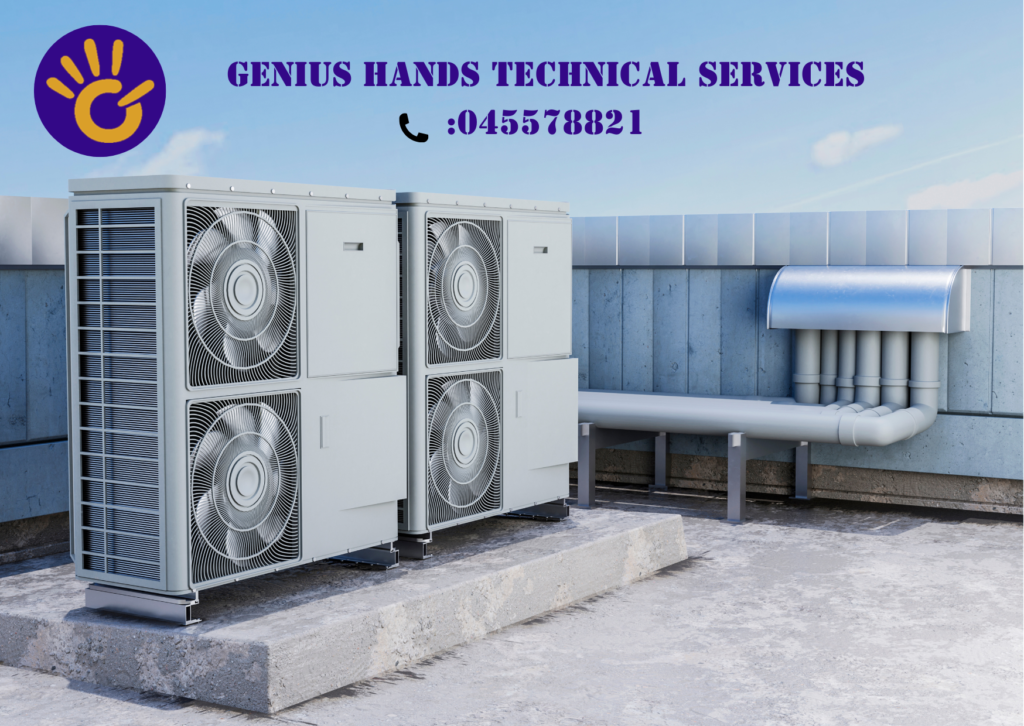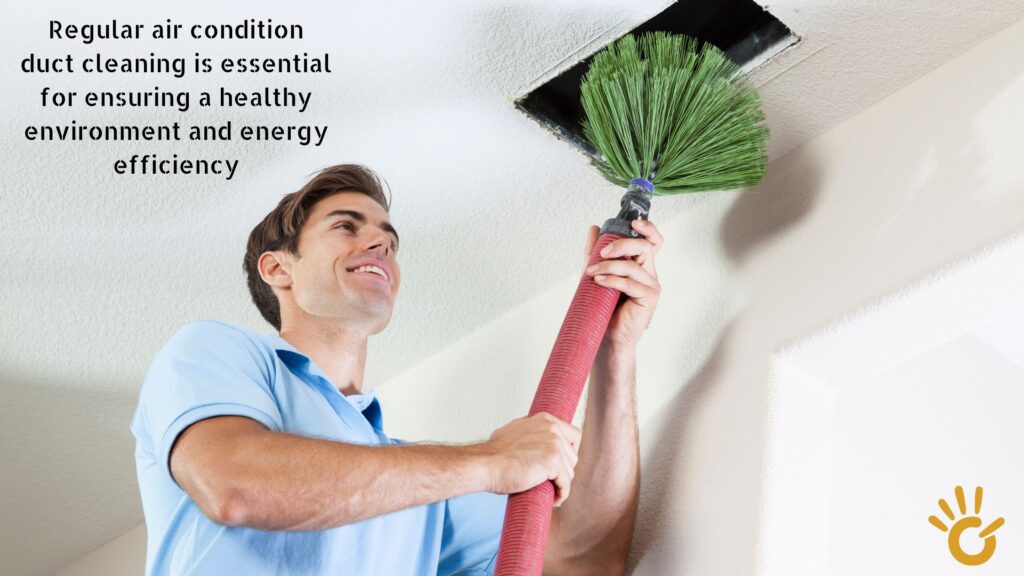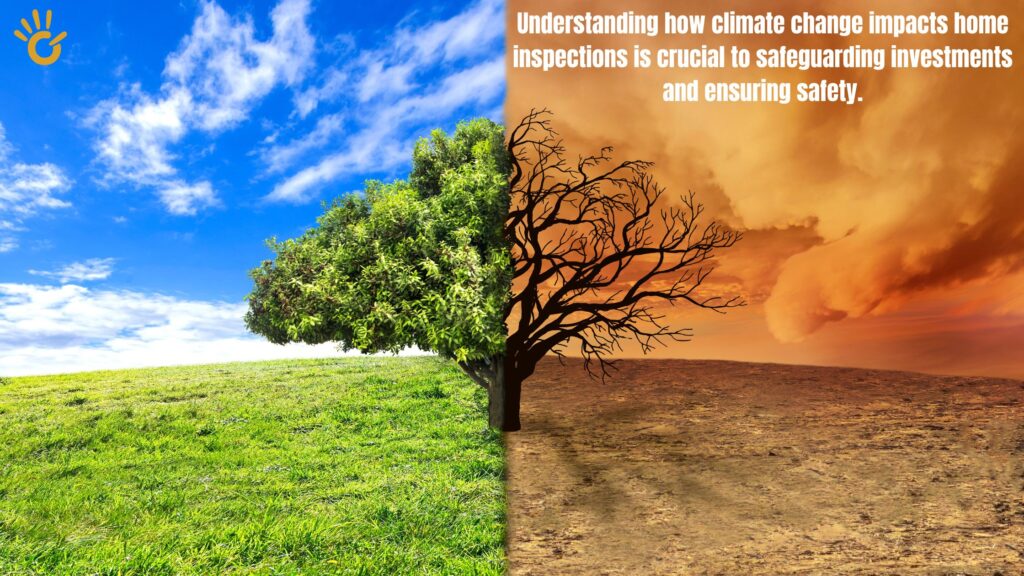Safeguard Your HVAC System During Rainy Seasons- Rainy seasons can pose significant challenges to your HVAC (heating, ventilation, and air conditioning) system. Excessive moisture, flooding, and fluctuating temperatures can strain your unit, leading to costly repairs or decreased efficiency. Taking proactive measures to safeguard your HVAC system can ensure it operates smoothly and lasts longer. Here are some practical tips to protect your HVAC system during the rainy season.
1. Inspect and Seal Outdoor Units
Outdoor HVAC units are particularly vulnerable during heavy rains. Inspect the unit to ensure there are no cracks or gaps that could allow water to seep in. Use weather-resistant sealants to close any openings and protect the internal components. This step minimizes the risk of water damage and rust.
2. Elevate the Unit to Prevent Flooding
If your area is prone to flooding, elevate the outdoor unit on a sturdy platform. Raising it just a few inches off the ground can prevent water from pooling around the base and entering the system. For areas with severe flooding risks, consider installing flood barriers around the unit for added protection.
3. Check and Clear Drainage Systems
Clogged drainage systems can lead to water accumulation around your HVAC unit. Regularly inspect and clean the drainage lines and surrounding areas to ensure water flows away from the unit. Proper drainage reduces the risk of damage to electrical components and prevents mold growth.
4. Protect Electrical Components
Moisture can wreak havoc on your HVAC system’s electrical components. Inspect all wiring, switches, and connections to ensure they are in good condition and well-insulated. Use weatherproof covers for electrical panels and connections to keep them dry and safe.
5. Invest in a Weatherproof Cover
A durable, weatherproof cover can shield your HVAC unit from rain and debris. Choose a cover specifically designed for HVAC systems to ensure proper airflow and avoid overheating. Avoid covering the unit completely with plastic or tarps, as this can trap moisture and cause damage.
6. Keep Surrounding Areas Clear
Trim nearby bushes, trees, and other vegetation to prevent leaves, twigs, and debris from clogging the HVAC unit. During heavy rains, debris can block air vents and drainage systems, leading to reduced efficiency and potential damage.
7. Monitor Indoor Humidity Levels
Rainy seasons often bring increased humidity, which can strain your HVAC system. Use a dehumidifier to maintain optimal indoor humidity levels (around 30-50%). This not only protects your HVAC system but also improves indoor air quality and prevents mold growth.
8. Schedule a Pre-Season Inspection
Before the rainy season begins, schedule a professional HVAC inspection. Technicians can identify potential issues, clean essential components, and ensure your system is rain-ready. Regular maintenance can prevent minor problems from escalating into costly repairs.
9. Use a Surge Protector
Thunderstorms and power outages often accompany heavy rains, posing a risk to your HVAC system’s electrical components. Install a surge protector to shield the system from voltage spikes and ensure uninterrupted operation.
10. Pay Attention to Unusual Signs
During the rainy season, it’s essential to remain vigilant for any unusual sounds, strange smells, or a decrease in your HVAC system’s performance. These indicators may signal potential water damage or other underlying issues that need attention. By addressing these problems promptly, you can prevent them from escalating into costly repairs in the future. Being proactive can ultimately save you time and money.
Conclusion-Safeguard Your HVAC System During Rainy Seasons
Safeguarding your HVAC system during the rainy season doesn’t have to be complicated. With regular maintenance, proper protective measures, and timely inspections, you can keep your system running efficiently and avoid costly damages. By taking these steps, you not only protect your investment but also ensure a comfortable and safe indoor environment throughout the rainy season.




Pingback: 10 Safeguarding Your Roof Against Torrential Downpours
Pingback: Rainwater Management Dubai’s Regulations on Rainwater 4